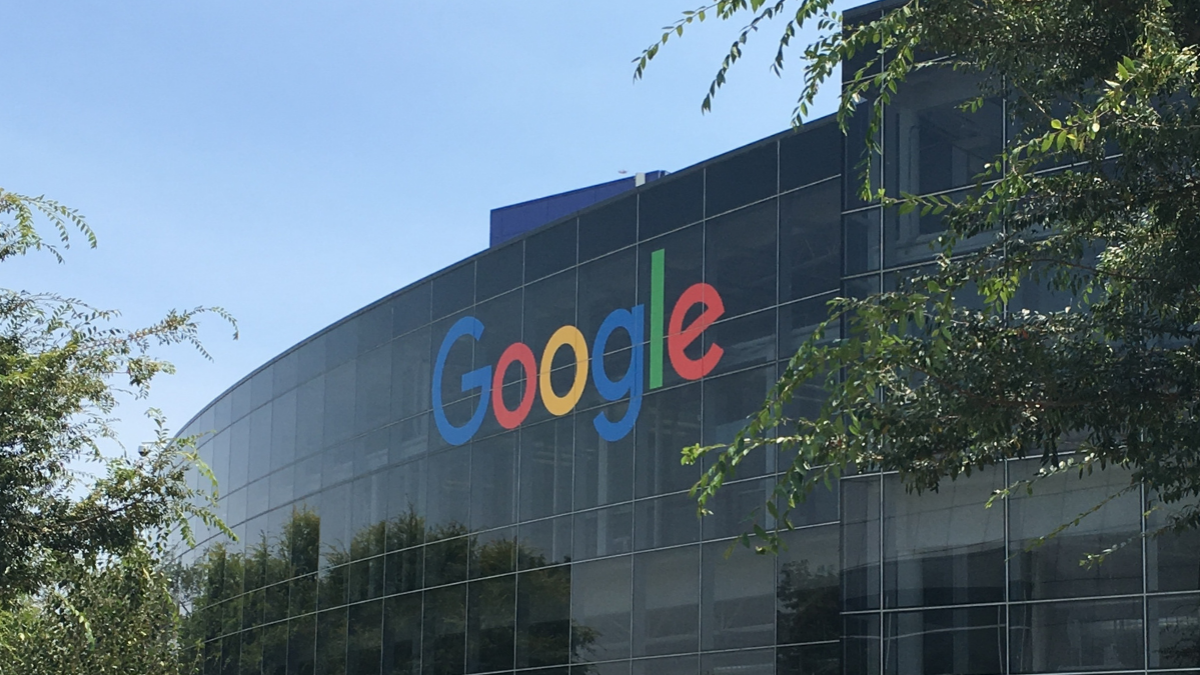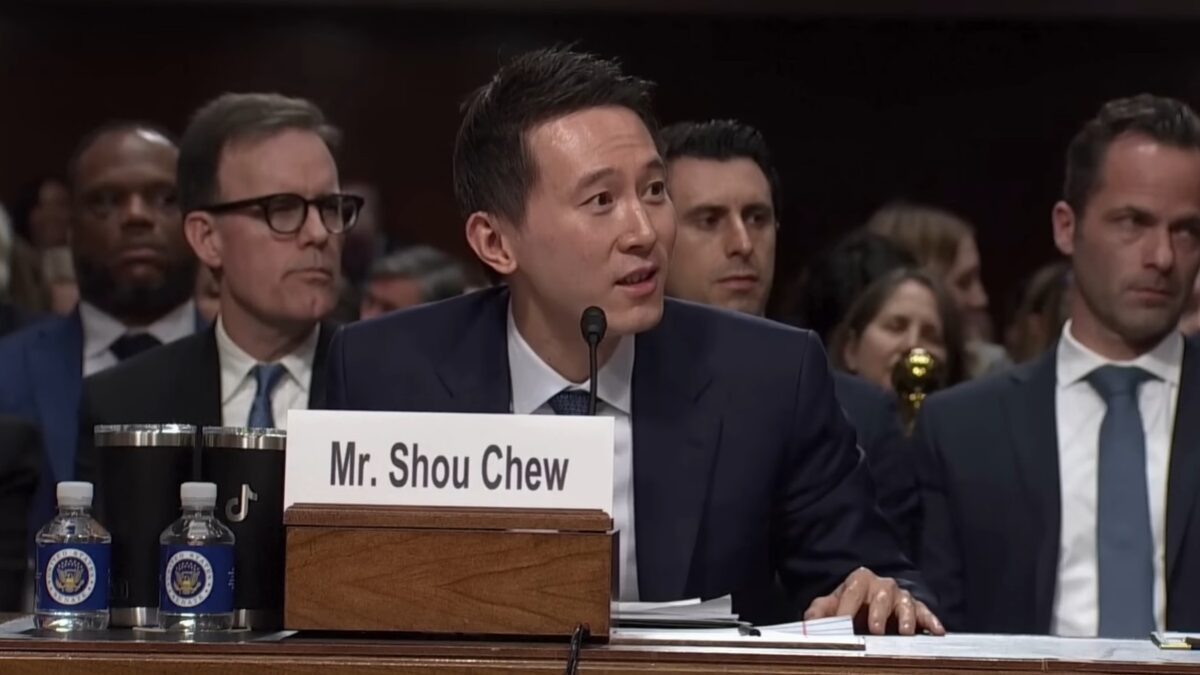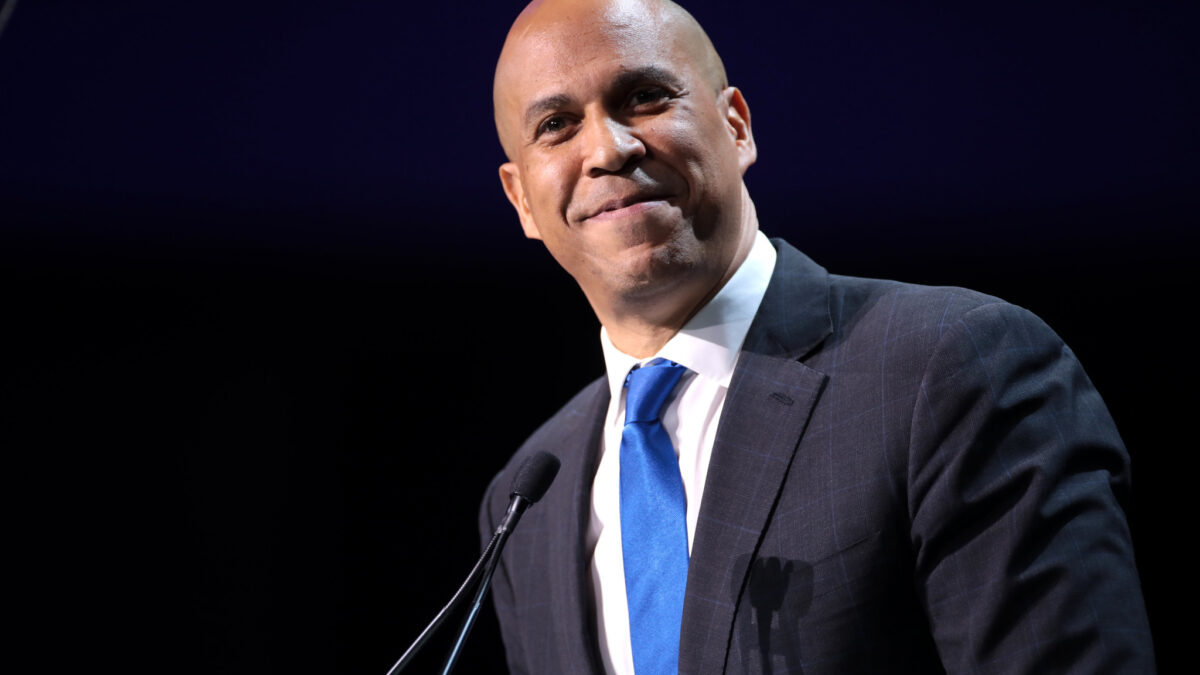A Senate antitrust hearing on Tuesday examined the digital advertising strategies Google uses to acquire and maintain market power in the recent “explosion of online content.”
“We are not having this hearing because Google is successful,” said Sen. Amy Klobuchar of Minnesota. “We are having it because even successful companies, even popular companies, and even innovative companies are subject to the laws of this country, including our antitrust laws.”
Chaired by Sen. Mike Lee of Utah, the subcommittee of the Committee on the Judiciary hammered Google’s representative with questions about their monopolization of the ad market by representing both the supply and demand in advertising transactions.
“So much of what we enjoy and take for granted on the internet is made possible through digital ads, so it is essential to determine if that market has been monopolized and competition harmed. The repercussions would touch everyone who uses the internet,” Lee explained to The Federalist earlier on Tuesday.
The committee also raised questions about Google’s lack of transparency in advertisement bidding and stacking, YouTube content engagement, growing and dominant market power, and data sharing.
“We don’t agree that we are dominant. We don’t agree that there isn’t a ton of choice. And we think that that market is operating very effectively,” Donald Harrison, president of Google’s Global Partnerships and Corporate Development, stated.
Multiple senators also devoted a significant amount of time at the beginning of the hearing to questioning Harrison about Google’s ban on The Federalist’s ability to generate ad revenue and its manipulation and leveraging of the revenue in exchange for monitoring third-party content on its comment platform.
“If Google isn’t dominant, why does it have the power to demand of the publisher it disagrees with that it takes down the comment site and why does it expect immediate obedience?” Sen. Ted Cruz (R-Texas) asked.
Sen. Mike Lee (R-Utah) also expressed “grave concern” with Google’s actions against The Federalist, questioning why it believed it could have a “double standard” on Section 230 protections against third-party content.
“Help me understand why Google should be entitled to that sort of deference, but you’re not willing to give that sort of deference to someone else, to another firm, that you have just acknowledged isn’t racist and doesn’t sponsor those sorts of things,” Lee said.
While Google falsely claimed that The Federalist used 30 different “tools” for advertising that gave them multiple other options, all of The Federalist’s ads are run through Google Ad Manager. Google, despite its allegations, uses its market power to box out other competitors, which is why it is responsible for 99 percent of programmatic ads on The Federalist site.
Despite concerns from senators that this moderation was suddenly imposed, Harrison denied any allegations of “politically motivated” and “biased” decisions to demonetize or moderate its clients’ publishing sites.
Members of the subcommittee also focused on Google’s role in advertisement bidding as appealing to both the supplier and the buyer, accusing Google of failing to maintain transparency with the involved parties about the transaction.
“You are making profits that nobody’s aware of and it’s hard to get clear on. So your clients don’t actually know what your role in the transaction is or what profit you’re taking away from it because you don’t disclose that,” Sen. Josh Hawley of Missouri said. “You control the whole stack and you buy and sell on both sides. You have essentially privileged yourselves.”
“How is this not just a cynical effort to leverage the market power of Google’s properties like search and YouTube into something of a monopoly in online advertising?” Lee added.
A second panel of witnesses that included Chief Executive Officer at Chalice Custom Algorithms Adam Heimlich, Senior Advisor at Beneficial Technology Omidyar Network David Dinielli, and Vice President and General Counsel at Netchoice Carl Szabo, also weighed in on antitrust laws and how Google and the advertising market affects the “internet ecosystem.”
“The end result is that if you are an advertiser or if you are a publisher. All roads lead to Google,” Dinielli said.
Some of the witnesses also expressed interest in tackling the issue through other agencies as well as congressionally and enforcing the laws already in place.
“I think this has gone on so long, unfortunately, the revenue remedy is going to have to be very significant,” said Heimlich.
“We need to start with the most vigorous enforcement of section two of the Sherman Act as we possibly can,” Dinelli added. “And that enforcement action, in my view, must include both the search market and the digital ad market.”
While Lee said action about the issues raised in the hearing might require action, he believes reform must be precisely guided and thought through.
“Attempts to repurpose antitrust law into a social justice program would have scores of unintended consequences that would cripple our economy for generations,” Lee told The Federalist.
“While I’m concerned about some of the more radical proposals out there to change the antitrust laws for what I see as political purposes, I have been encouraged by the bipartisan cooperation I’ve witnessed in preparation for this hearing,” Lee added, citing joint briefings with senators from both sides of the aisle as well as the passage of the CREATES Act, co-authored by Sens. Patrick Leahy, Chuck Grassley, and Klobuchar.









